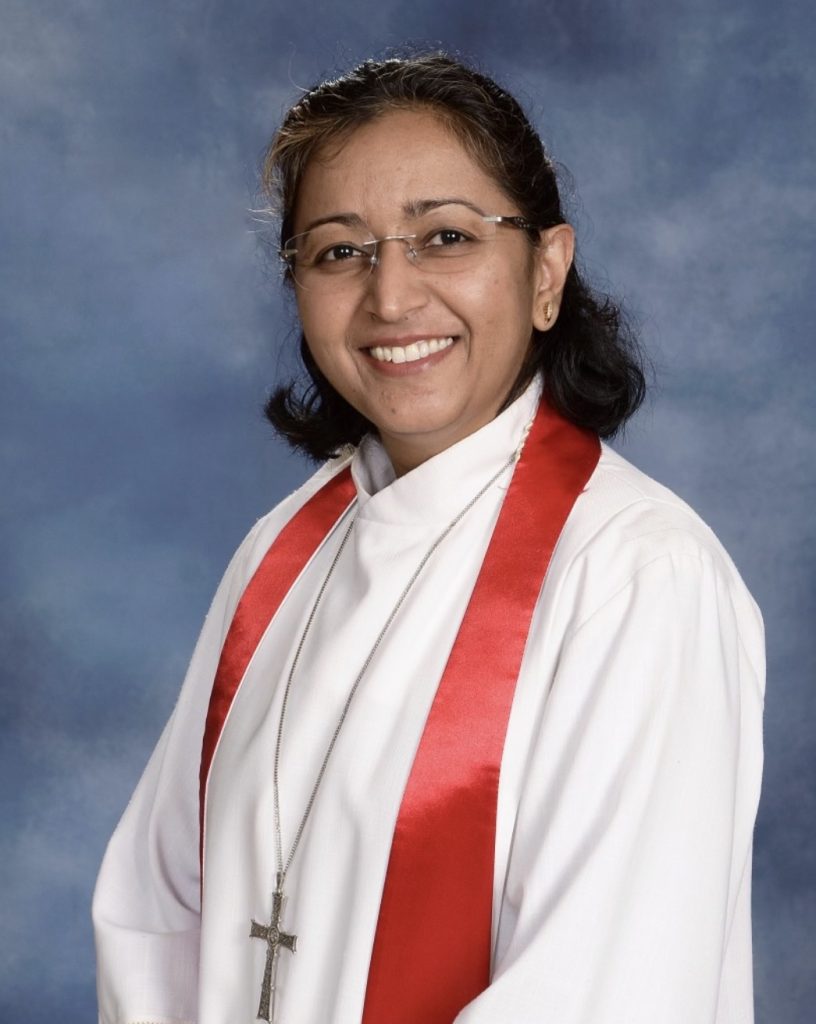The Soldiers Mock Jesus: “7 Then the governor’s soldiers took Jesus into the Praetorium and gathered the whole company of soldiers around him. 28 They stripped him and put a scarlet robe on him, 29 and then twisted together a crown of thorns and set it on his head. They put a staff in his right hand. Then they knelt in front of him and mocked him. “Hail, king of the Jews!” they said. 30 They spit on him, and took the staff and struck him on the head again and again. 31 After they had mocked him, they took off the robe and put his own clothes on him. Then they led him away to crucify him.” Praetorium – This is the governor’s official residence in Jerusalem. Scarlet Robe – The outer cloak of a Roman solider.
The Crucifixion of Jesus: “2 As they were going out, they met a man from Cyrene, named Simon, and they forced him to carry the cross. 33 They came to a place called Golgotha (which means “the place of the skull”). 34 There they offered Jesus wine to drink, mixed with gall; but after tasting it, he refused to drink it. 35 When they had crucified him, they divided up his clothes by casting lots. 36 And sitting down, they kept watch over him there.37 Above his head they placed the written charge against him: this is Jesus, the king of the Jews.
38 Two rebels were crucified with him, one on his right and one on his left. 39 Those who passed by hurled insults at him, shaking their heads and saying, “You who are going to destroy the temple and build it in three days, save yourself! Come down from the cross, if you are the Son of God!” 41 In the same way the chief priests, the teachers of the law and the elders mocked him. 42 “He saved others,” they said, “but he can’t save himself! He’s the king of Israel! Let him come down now from the cross, and we will believe in him. 43 He trusts in God. Let God rescue him now if he wants him, for he said, ‘I am the Son of God.’” 44 In the same way the rebels who were crucified with him also heaped insults on him.”
Cyrene – A city in North Africa. Mixed with gall – Tradition says that the women of Jerusalem customarily furnished this pain-killing narcotic who were crucified. Jesus refused to drink it because he wanted to be fully conscious until his death (verse 50).
The Death of Jesus: “45 From noon until three in the afternoon darkness came over all the land. 46 About three in the afternoon Jesus cried out in a loud voice, “Eli, Eli, lema sabachthani?” (which means “My God, my God, why have you forsaken me?”). 47 When some of those standing there heard this, they said, “He’s calling Elijah.” 48 Immediately one of them ran and got a sponge. He filled it with wine vinegar, put it on a staff, and offered it to Jesus to drink. 49 The rest said, “Now leave him alone. Let’s see if Elijah comes to save him.” 50 And when Jesus had cried out again in a loud voice, he gave up his spirit.”
Eloi, Eloi, lema sabachthani – A mixture of Aramaic and Hebrew, translated by Matthew for his readers.
“51 At that moment the curtain of the temple was torn in two from top to bottom. The earth shook, the rocks split 52 and the tombs broke open. The bodies of many holy people who had died were raised to life. 53 They came out of the tombs after Jesus’ resurrection and] went into the holy city and appeared to many people.”
Curtain: The inner curtain that separated the Holy Place from the Most Holy Place. The tearing of the curtain signified Christ’s making it possible for believers to go directly into God’s presence (see Hebrews 9:1-14; 10:14-22).


Howdy! This is my first visit to your blog! We are a team of volunteers and starting
a new initiative in a community in the same niche.
Your blog provided us beneficial information to work on. You have done a
extraordinary job!
What a stuff of un-ambiguity and preserveness of
valuable familiarity regarding unpredicted feelings.
I blog often and I really appreciate your information. The
article has truly peaked my interest. I’m going to
take a note of your site and keep checking for new details about once per week.
I opted in for your RSS feed too.
“A primeira vez que tive um Transtorno a Ansiedade
Generalizada parecia que tinha determinado tela a
certa virose bem forte.